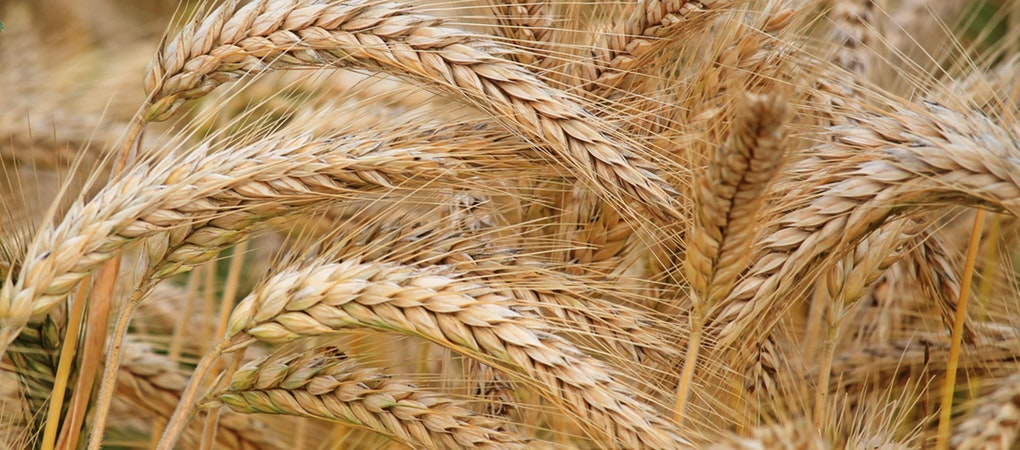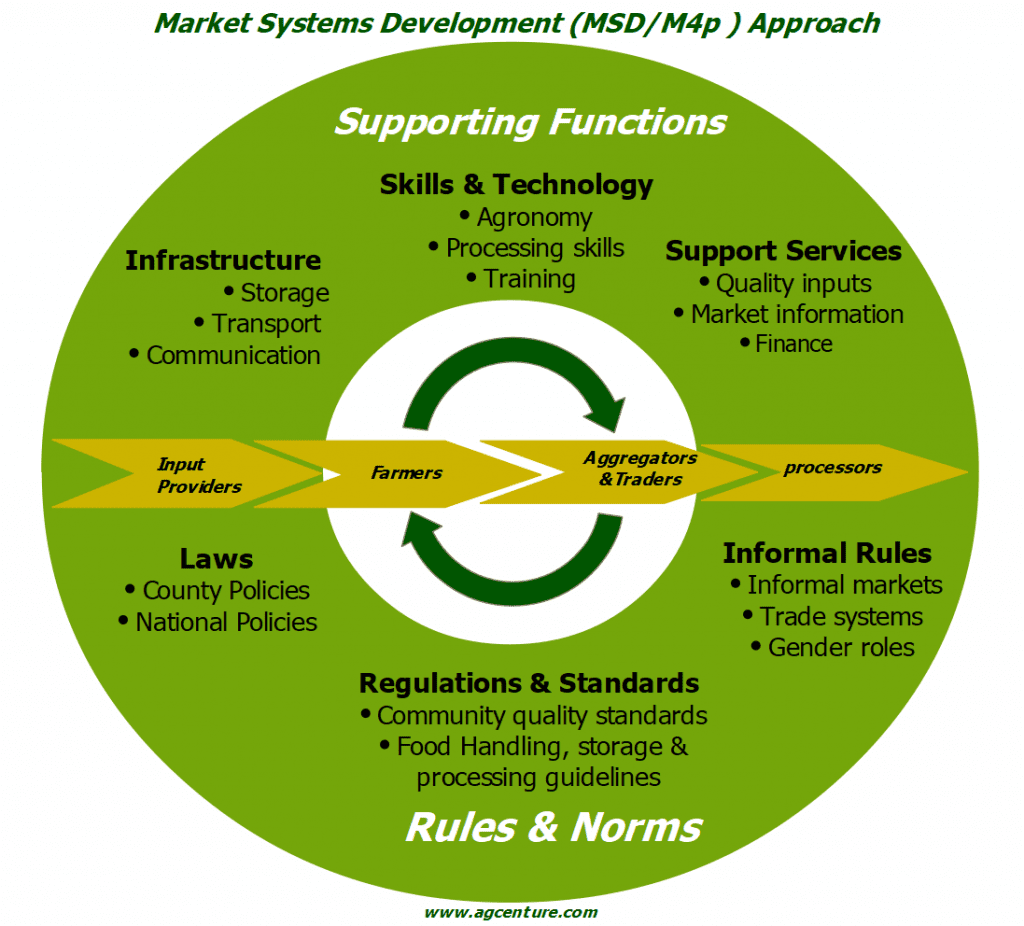Kenya plans to inject sh. 53.7 billion, ($503 million) stimulus package to the economy in its coming budget. The funds target 8 economic sectors; education, agriculture and health among others. “The injection of this money is to stimulate growth and cushion families and companies as together we navigate our way out of the COVID-19 pandemic,” President Uhuru Kenyatta said on his address on 23rd May 2020.
How will the economic stimulus package benefit agriculture? We outline 6 benefits for farmers and other value chain players. These include subsidies on farm inputs, International marketing help, and growing demand for food, flood control measures and a boost in local manufacturing among others.
Related: Negative Effects of COVID-19 on Kenyan Agriculture
What does the budget cover?
Affordable quality farm inputs
To ensure food security during and Post COVID-19 pandemic, the government is subsiding farm inputs. In his address, Kenyatta said, At least 200,000 small-scale farmers will benefit. It will be administered through an e-voucher system at a cost of Sh. 3 billion.
Farmers face challenges in accessing key farm inputs. This has become worse during COVID-19 Pandemic. Logistical challenges have led to shortages and inflation in the cost of fertilizers and pesticides.
International Marketing Assistance
The fund will help fresh produce exporters to access international markets. The Sh1.5 billion will benefit flower, vegetable and fruit producers. They have been worst hit after limits in air travel and markets limiting their earnings. Some laid-off their workers after COVID-19 reduced demand for their goods.
Horticulture is Kenya’s leading foreign exchange earner. In 2019, the sector export earnings were 142.7 billion shillings ($1.37 billion) in 2019. Flowers account for about 70 per cent of the commodity earning about 1 billion dollars in 2019 from export volumes of 161.2 million kilograms. Vegetables earned 696 million dollars in 2019, while fruits earned 101 million dollars.
Water Harvesting
The government plans to spend Sh 2.9 billion towards Flood control and rehabilitation. These projects will rehabilitate wells, water pans and underground tanks in Arid and Semi-Arid Lands (ASAL) areas. Other interventions will be on rainwater harvesting, community irrigation, and tree planting in schools.
Floods have negative effects on Kenyan agriculture. They destroy a lot of human life and property each flooding season. With climate change leading to severe and more frequent flooding, the investments in this area may improve our future resilience.
Buy Kenya Build Kenya
The government is setting Sh 600 million to purchase locally manufactured vehicles. In his address, the president urged the ministry of health to source for locally fabricated beds.
Most countries are adopting beneficial protectionism policies to limit food imports. This will boost our agriculture production in future as a source of raw materials and food. Our apparel sector is likely to grow in making of personal protective equipment (PPEs) and alcohol-based hand sanitizers in combating the COVID-19 disease. In the long run, food growing and trading will grow.
Growing Demand for Agricultural products
The package will increase the disposable income of Kenyans, some proposed intentions include a Sh 10 billion on temporary youth employment program. This will hire 100,000 youths for menial jobs. Besides, there is a fast payment of pending bills and tax refunds. Cash transfers to the elderly, disabled persons, orphans and vulnerable children will be enhanced by the package.
A rise in people’s income will raise the total demand in the economy. Agricultural production, food manufacturing and processing will improve as suppliers step into satisfying the growing orders.
Read Also: Five Smart farming ideas beyond Covid-19
How can you enjoy the stimulus package budget as a farmer?
Individuals and businesses can enjoy this stimulus package. You can engage in growing and trading of goods and services. Top ideas are in food production, processing and trading. Other areas are in tree planting, irrigation and water harvesting. Indirectly, you can offer advice on extension services and financing.



